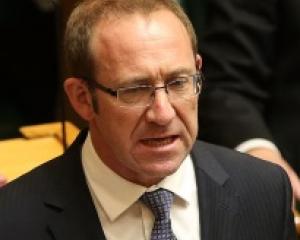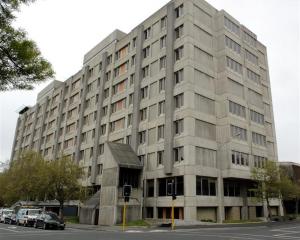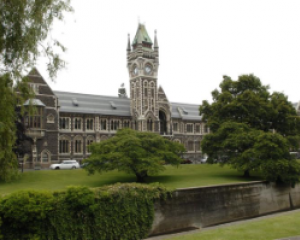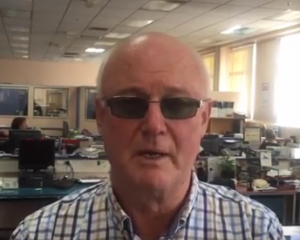The Government is under increasing pressure to control the housing market because of resurgent prices in Auckland and concerns about homeless people racking up huge debts while being housed in Government-sponsored accommodation.
The Budget will include more money for social housing and a reinjection of funding for a scheme which aims to free up surplus land in Auckland for affordable housing developments.
Speaking to Radio New Zealand this morning, Mr Key appeared to downplay the scale of the new housing initiatives.
"There are things in the Budget, more things to add to the toolbox. But nowhere in the world can see a place where there's just one thing you can do that will instantly fix the problem."
His comments come after the Government's response to New Zealand's housing problems were criticised in a new poll.
The Newshub-Reid Research poll said 76% of New Zealanders believed the Government was not doing enough to control the housing market. Among National voters, 61% said the Government was not doing enough.
In response, Mr Key pointed to the "wide-ranging" initiatives which the Government had already introduced, including Special Housing Areas, grants for first homebuyers, and a "bright line test" which targets housing speculation.
The Government had been working on the housing issue "for some time", he said, and any measures in the Budget were not a "knee-jerk reaction".
"I'm not saying house prices haven't gone up ... but if you look at the suite of things we put in they're very comprehensive," he told Radio New Zealand.
Mr Key also revealed that grants for homeless people to be housed in motels could be brought forward. The Budget will allocate $41 million for emergency housing, some of which will go towards the emergency grants.
"I never want to see people getting themselves into debt - it's one of the reasons why we took this step long before it became this public issue," he said.
"People that previously needed emergency support from Work and Income had to repay that in the form of a loan for housing - we've turned that into a grant."
The payments were scheduled to be introduced in September, but Mr Key said the start date could be "a little earlier" if possible.
It was revealed this week that some homeless people had racked up debts of up to $60,000 to Work and Income after being housed in motels.
A petition has been launched which calls for the Government to wipe debts incurred through emergency housing.
Campaigners were meeting with Social Development Minister Anne Tolley at Parliament this morning.
Mr Key said writing off the debts "on a blanket basis" was "not good public policy".
The homeless problem is most acute in South Auckland, where some people have been forced to live in cars or garages.
Labour Party housing spokesman Phil Twyford today pointed to new data which showed that suburbs with the highest levels of housing speculation had experienced the biggest falls in home ownership.
The data showed that in Otara - which has long been considered Auckland's poorest suburb - investors were responsible for 80 per cent of the houses purchased in 2015. The 2013 Census showed a home ownership rate of 38 per cent in Otara, compared with the New Zealand average of 65 per cent.
"Speculators are hoovering up the very suburbs that have traditionally been the places where Kiwi families have got their start in life thanks to affordable housing," Mr Twyford said.








